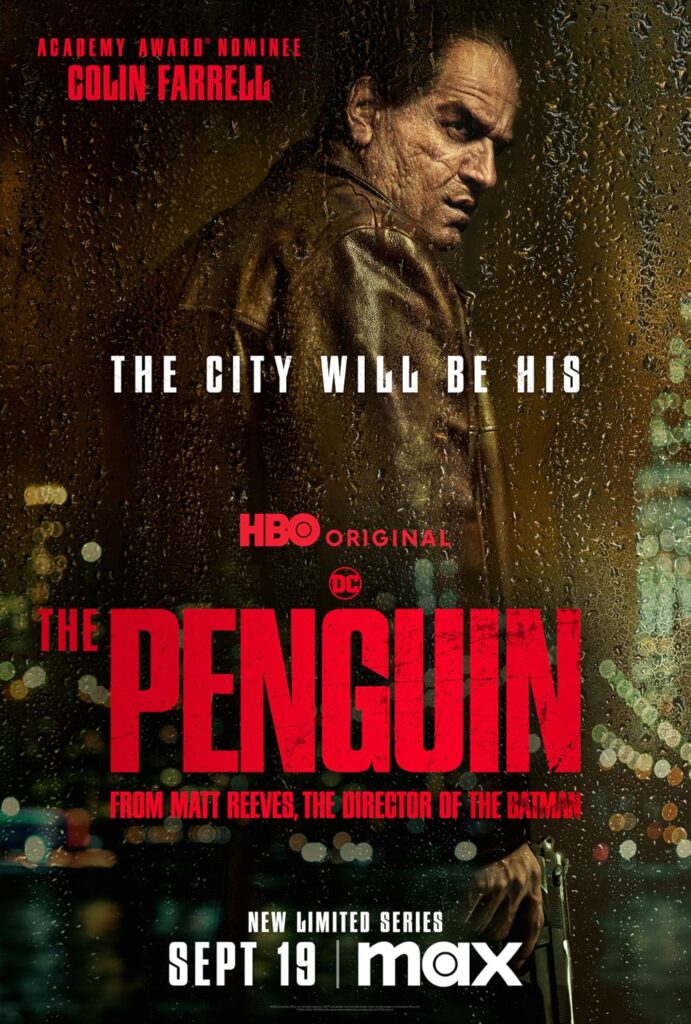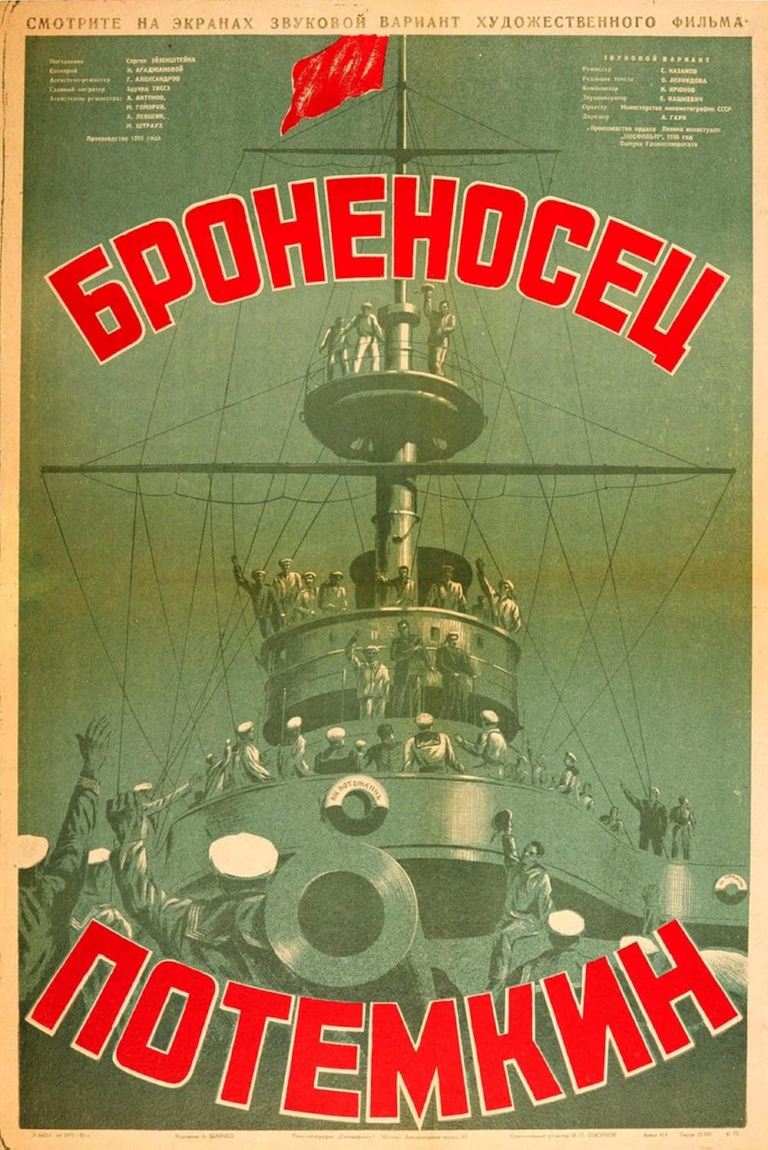The Penguin Christian Review

It’s hard to look at Gotham City without seeing the ruins of something once great, and “The Penguin” is no exception. Picture a world where the darkness isn’t just atmospheric but has seeped into every brick, every alley, every soul. Matt Reeves’ Batman universe is already bleak, and now we dive deeper into its depths, following a character who’s less of an antihero and more of an outright villain. Yes, I’m talking about Oswald Cobblepot, better known as the Penguin—a waddling contradiction of pitiful and dangerous, brought to life by Colin Farrell’s performance that hits like a sledgehammer to the psyche.
But here’s the thing: “The Penguin” is slick. It’s polished, brutal, captivating, and… well, sinful. For Christians, it’s a bit like being handed a poisoned apple—looks good, tastes intriguing, but there’s something undeniably toxic in its core. That doesn’t mean it’s all bad, though. There’s value in the show’s storytelling, acting, and craftsmanship. But this isn’t a show that will make you feel morally clean after watching it. So, let’s break it down. What exactly are we dealing with here? And is there anything in it that we, as believers, can take away beyond a creeping sense of unease?
Why Watch a Villain’s Tale? The Struggle Between Entertainment and Ethics
Right off the bat (no pun intended), “The Penguin” is a difficult watch—not because it’s poorly made, but because it’s so well made that it becomes seductive. The show takes us by the hand and drags us into a world of crime, corruption, and a type of power play that’s more disturbing than exhilarating. Every frame drips with tension. You can feel the grime under your nails and smell the acrid smoke of Gotham’s rotting underbelly.
Farrell’s portrayal of Oswald is mesmerizing, a performance that’s hard to look away from even when you want to. He’s not the comical figure we might remember from the comics or even the campy ‘90s movies. This Penguin is more like a shark than a bird—cold, calculating, and ready to snap at anyone who comes too close. He’s a thug with dreams of being a king, a ruthless mobster who, for all his cleverness and ambition, is still deeply flawed. And therein lies the rub.
As Christians, we know that watching a villain’s story unfold shouldn’t appeal to us. It shouldn’t entertain us. We shouldn’t want him to succeed. Yet, the show is structured in such a way that you can’t help but root for him, if only because everyone else in this cesspool of a city is just as bad, if not worse. It’s the problem of moral relativism—when you’re knee-deep in sin, one sinner starts to look more appealing than the rest.
The Problem with Power: A Study in Corruption
There’s a reason Gotham is the perfect setting for these kinds of stories. Power in Gotham isn’t just about control; it’s about survival. People don’t seek power for its own sake—they grab it like a life preserver in a raging sea. And once they have it, they’ll do anything to keep it, even if it means losing their humanity along the way.
“The Penguin” hammers this point home relentlessly. Every character is desperate for a foothold, whether it’s the police commissioner skimming from crime scenes or the rival mob boss willing to kill her own blood to secure her throne. Sofia Falcone, played with chilling intensity by Cristin Milioti, is the perfect counterbalance to Oswald. She’s as ruthless and cunning as he is, but where he uses brute force and intimidation, she wields charm and manipulation. It’s a twisted dance between two predators, and in their battle for control, you see how power, when stripped of any moral grounding, is both terrifying and hollow.
Yet, for all its commentary on the nature of power, the show doesn’t really offer a solution. There’s no redemption arc here, no glimmer of hope that someone will rise above it all and restore order. Instead, it’s a vicious cycle—one bad guy falls, another takes his place. It’s a chilling reminder that evil isn’t just a person; it’s a system. And systems don’t die easily.
Violence, Brutality, and the Allure of the Dark
I’d be remiss if I didn’t address the elephant in the room: the show’s violence. There’s no getting around it—“The Penguin” is brutal. People get shot, beaten, and blown up with an almost casual indifference. Blood splatters and bones break with a realism that borders on grotesque. And it’s not just physical violence either. There’s an emotional cruelty that’s almost worse—the kind of gut-punching betrayals and humiliations that make you wince and wonder how far people can fall.
So why watch? Why subject yourself to it? I think, for some, it’s about the thrill of seeing just how far a character can go before they break. For others, it’s a fascination with the mechanics of evil—how it works, why people embrace it, and what happens when it goes unchecked. There’s a perverse allure to seeing the worst parts of human nature laid bare, but as Christians, we need to ask ourselves: is this really something we should be entertained by?
The Bible tells us in Philippians 4:8 to focus on whatever is true, noble, right, pure, lovely, and admirable. But shows like “The Penguin” force us to grapple with the fact that the world isn’t always like that. Sin is real, and sometimes we need to confront it. But does that mean we need to revel in it? There’s a fine line between understanding evil and glorifying it, and “The Penguin” often strays dangerously close to the latter.
A Performance-Driven Dilemma: The Danger of Enjoying the Craft
Let’s talk about the acting for a moment. Because honestly, it’s phenomenal. Farrell, Milioti, and the supporting cast are all at the top of their game. Every scene crackles with energy, every line is delivered with precision, every expression conveys a depth of emotion that’s as impressive as it is unsettling. But that’s what makes the show so dangerous.
You see, when something is this well-made, it’s easy to get lost in the craft and forget the content. We start to appreciate the artistry without questioning the message. And that’s where the real spiritual danger lies. Just because something is compelling doesn’t mean it’s good for us. It’s like eating junk food—tastes great in the moment, but too much of it will leave you sick.
Final Thoughts: Is There Anything Redemptive Here?
So, should you watch “The Penguin”? It depends. If you’re looking for a show that will challenge your perceptions, force you to confront uncomfortable truths about power and sin, and make you think deeply about the nature of evil, then maybe. But if you’re looking for something that will edify your soul or draw you closer to God, steer clear. This is not a show that will leave you feeling uplifted or hopeful. It’s dark, gritty, and at times downright depressing.
For its storytelling, acting, and production value, I’d give it a 5 out of 10. But as a Christian, I have to temper that praise with a warning: be careful what you let into your heart and mind. Gotham is a place where hope goes to die. Don’t let it take your light with it.





